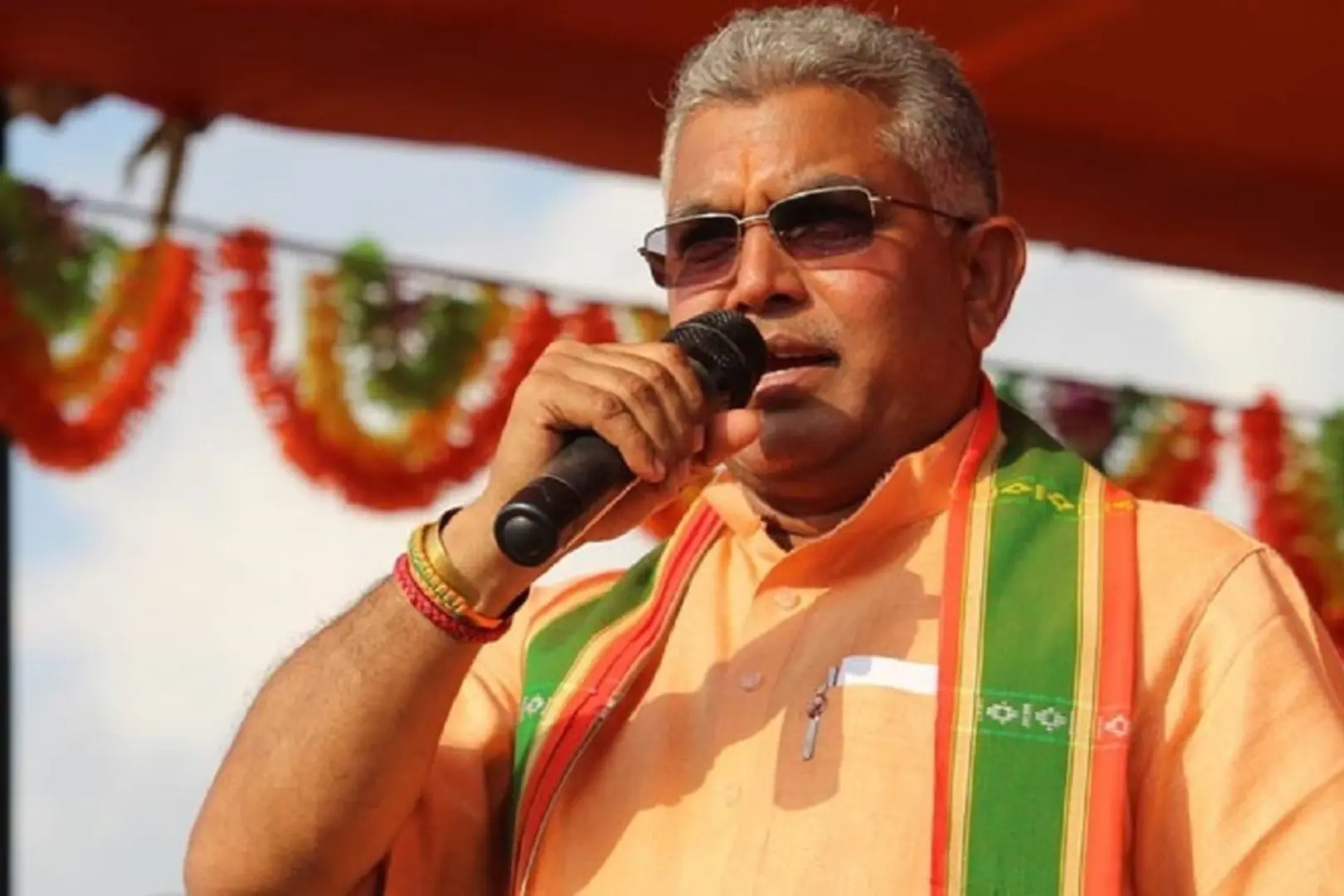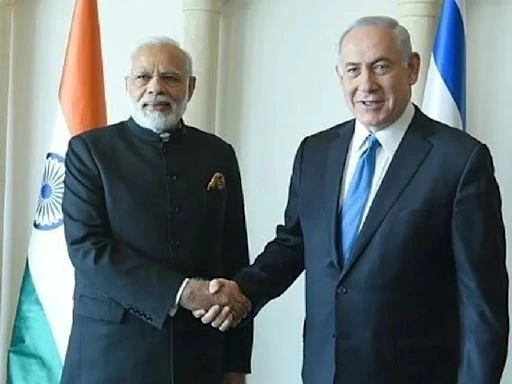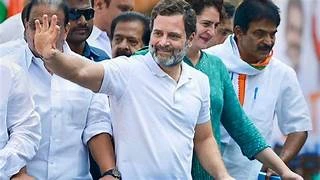25-Jan-2025, 02:56 PM
BJP leader Dilip Ghosh has recently emphasized the widespread support for the Waqf (Amendment) Bill, asserting that “the entire country wants the Waqf bill to be passed.” His remarks come amid a heated debate in Parliament regarding the proposed amendments to the Waqf Act, 1995, which aim to address various issues related to the management and oversight of Waqf properties.
Context of the Waqf Bill
The Waqf (Amendment) Bill seeks to enhance the powers of State Waqf Boards, streamline the registration and survey processes for Waqf properties, and effectively tackle encroachments. The bill has been introduced by Minority Affairs Minister Kiren Rijiju and is seen as a significant step towards reforming how Waqf properties are managed in India. Ghosh’s assertion reflects a belief within the BJP that these changes are necessary for better governance and accountability in managing these religious properties.
Political Reactions
Despite Ghosh’s claims of nationwide support, the bill has faced substantial opposition from various political parties, particularly those within the INDIA bloc. Critics argue that the amendments could undermine the autonomy of Muslim institutions and infringe upon their rights. Congress MP KC Venugopal has labeled the bill as unconstitutional, asserting that it attacks the principles of religious freedom enshrined in the Constitution. The opposition has called for a comprehensive discussion involving stakeholders before any legislative action is taken.
Ghosh’s Perspective
In his statements, Ghosh highlighted that many individuals across India support the bill, viewing it as a necessary reform that would benefit not just Muslims but all citizens by ensuring better management of community resources. He contends that the government’s intentions are aligned with promoting transparency and preventing misuse of Waqf properties, which have reportedly been subject to encroachment and mismanagement.
Broader Implications
The introduction of this bill is set against a backdrop of upcoming elections in states like Haryana and Maharashtra, leading some critics to suggest that it may be politically motivated. However, Ghosh maintains that the BJP’s commitment to reforming Waqf management is genuine and reflects broader national interests.
Conclusion
As discussions continue in Parliament regarding the Waqf (Amendment) Bill, Dilip Ghosh’s comments underscore a significant divide between governmental perspectives on fiscal reform and opposition concerns about religious rights. The outcome of this legislative effort will not only impact the management of Waqf properties but also shape the political landscape as parties navigate public sentiment ahead of upcoming elections.





